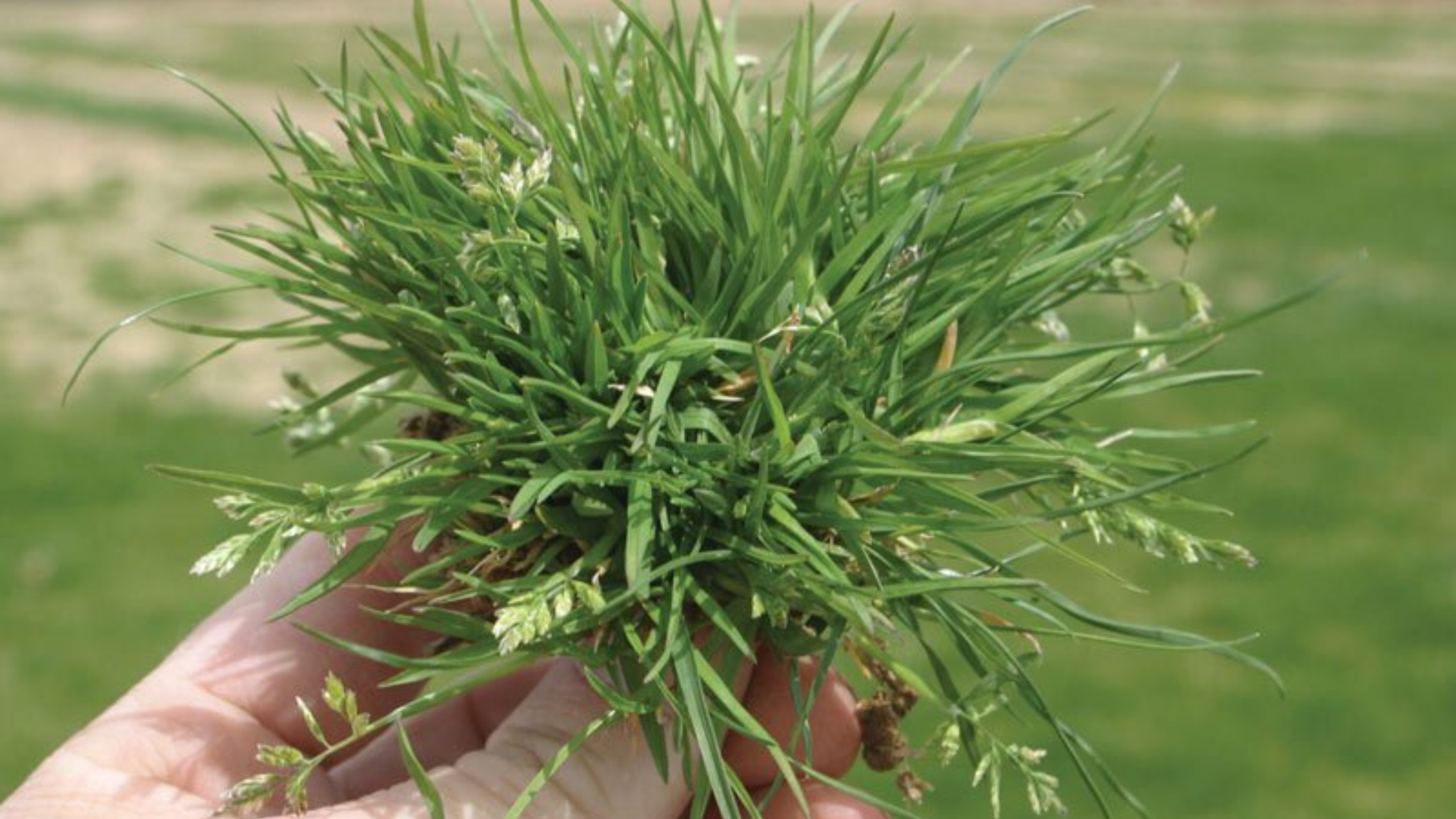Poa annua, or annual bluegrass, is frequently dismissed as just another weed in lawns and gardens. Yet, this unassuming grass conceals a wealth of health benefits and potential applications in herbal remedies. Known for its fine green blades, Poa annua has found a place in traditional medicine due to its calming effects and overall wellness support. In this article, we’ll uncover the hidden health advantages of Poa annua and offer practical methods to integrate it into your lifestyle.
Disclaimer: This information serves an educational purpose and is not a substitute for professional medical advice, diagnosis, or treatment. Consult a qualified healthcare professional before using any plant or herb for health-related purposes.

Health Benefits of Poa Annua
- Calming Effects: Poa annua is believed to have mild sedative properties, making it useful for reducing stress and encouraging relaxation.
- Digestive Support: Consuming Poa annua as tea may soothe an upset stomach and aid in digestion.
- Antioxidant Properties: The grass contains compounds that help counteract oxidative stress, promoting cellular health.
- Anti-Inflammatory Benefits: Extracts of Poa annua have been noted for their potential to diminish inflammation, whether used topically or in teas.
- Skin Soothing: A poultice made from this grass can be applied to minor skin irritations, providing relief from discomfort caused by insect bites or rashes.
- Respiratory Relief: Traditional practices have utilized infusions made from Poa annua leaves to ease mild respiratory concerns.
- Urinary Health: As a mild diuretic, Poa annua may help maintain urinary tract health by promoting gentle detoxification.
How to Use Poa Annua
- Poa Annua Tea:
- Ingredients: Fresh or dried Poa annua blades and water.
- Preparation: Harvest the grass from a pesticide-free area, rinse thoroughly, and boil water. Steep a handful of blades for 10-15 minutes, then strain. Enjoy a calming cup that may aid digestion.
- Topical Poultice:
- Preparation: Crush fresh leaves into a paste and apply it to affected skin areas. This can help alleviate inflammation and soothe irritation.
- Inhalation for Respiratory Relief:
- Method: Add fresh Poa annua leaves to boiling water, then inhale the steam under a towel for 5-10 minutes. This can clear nasal passages and ease mild respiratory woes.
- Herbal Bath:
- Preparation: Toss a generous handful of Poa annua leaves into warm bath water and soak for 20-30 minutes. This relaxing bath can help soothe muscles and calm irritated skin.
Safety and Considerations
While Poa annua is generally safe for both internal and external use, it is essential to take precautions:
- Source: Only harvest the plant from untainted locations, free from chemicals or pollutants.
- Allergies: Conduct a patch test prior to topical application to ensure no allergic reactions occur.
- Consultation: Always consult with a healthcare provider if you are pregnant, nursing, or on medication before using Poa annua.
Poa annua is more than just a common weed; its collection of health benefits and traditional uses can make it a valuable asset for those seeking natural wellness solutions. From soothing teas to topical treatments, this grass presents effective and sustainable remedies. However, as with any herbal treatments, careful use and guidance are key. With thoughtful preparation, Poa annua could become a surprising ally in your wellness journey.


insufend is a cutting-edge herbal formula specifically designed to help regulate blood sugar levels and promote a healthier metabolism.
audifort is an innovative liquid supplement carefully crafted to naturally assist those dealing with ringing in the ears while promoting long-term auditory performance.
hepatoburn is a premium nutritional formula developed to nurture liver vitality, elevate metabolic performance
tonic greens is a cutting-edge health blend made with a rich fusion of natural botanicals and superfoods
erecpower is a premium dietary supplement designed to support men’s sexual health by addressing common issues like erectile dysfunction, enhancing blood flow